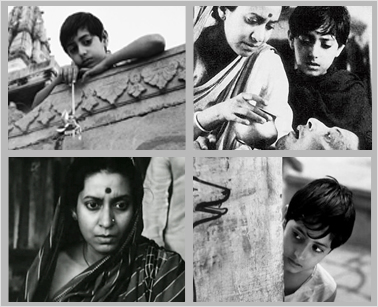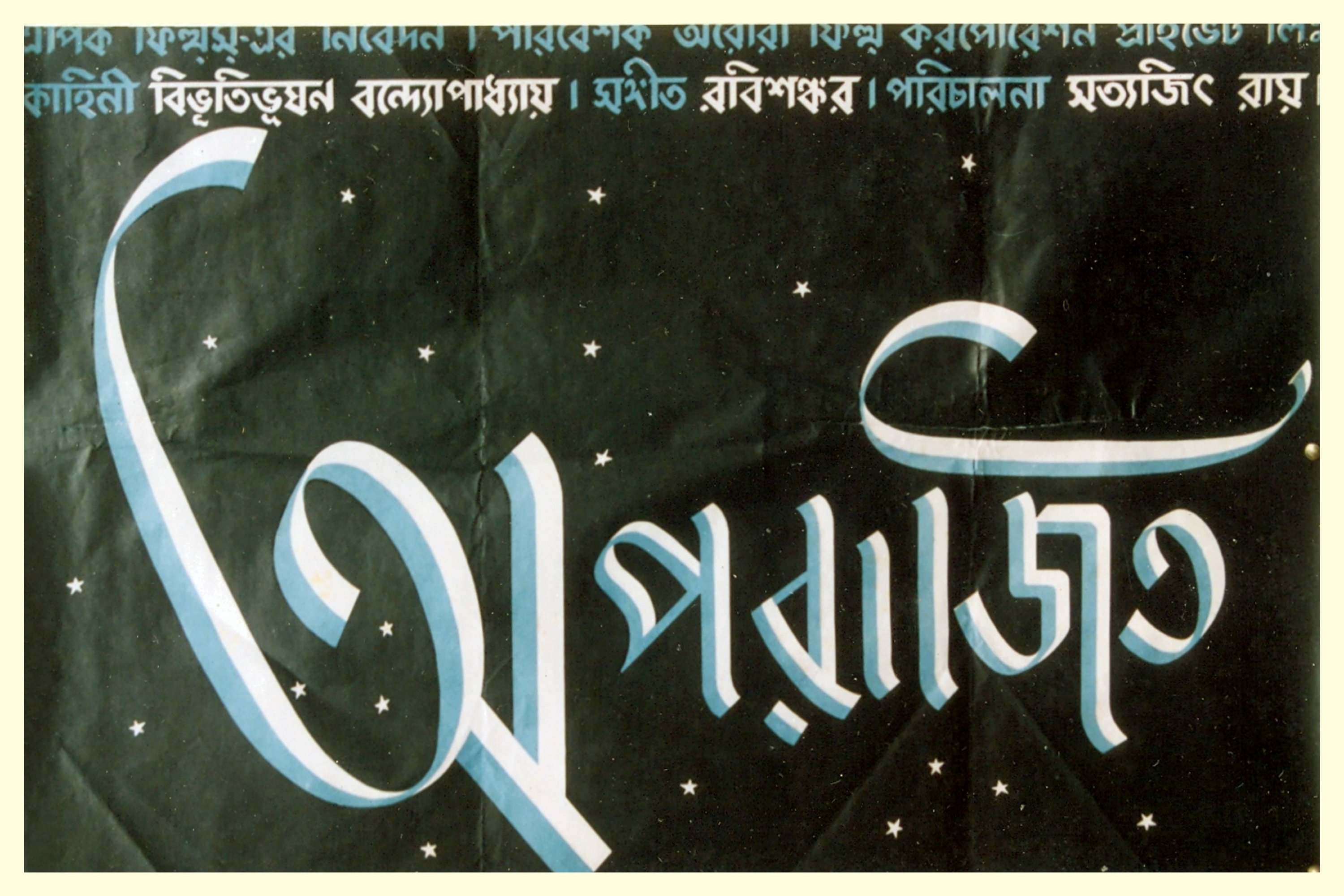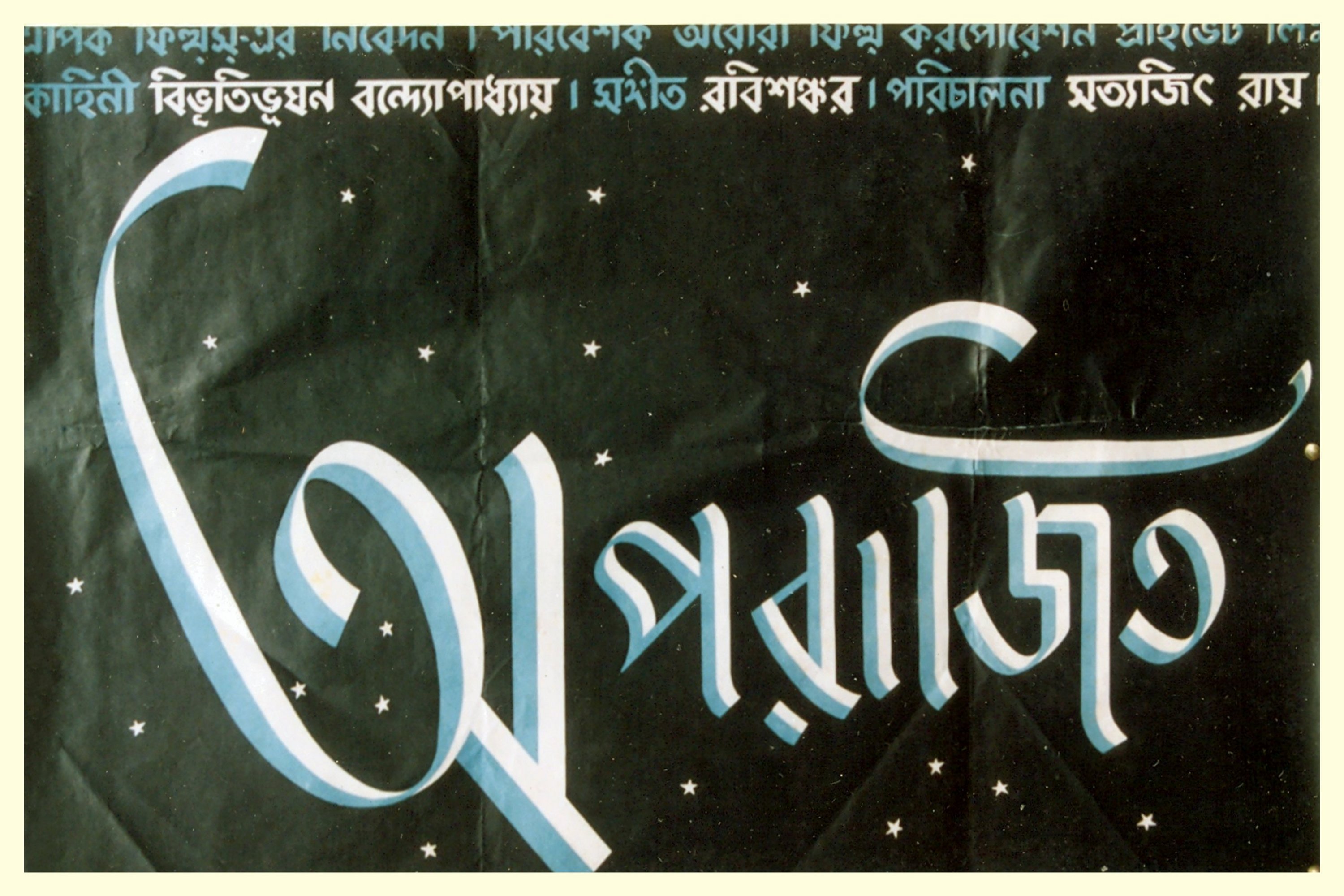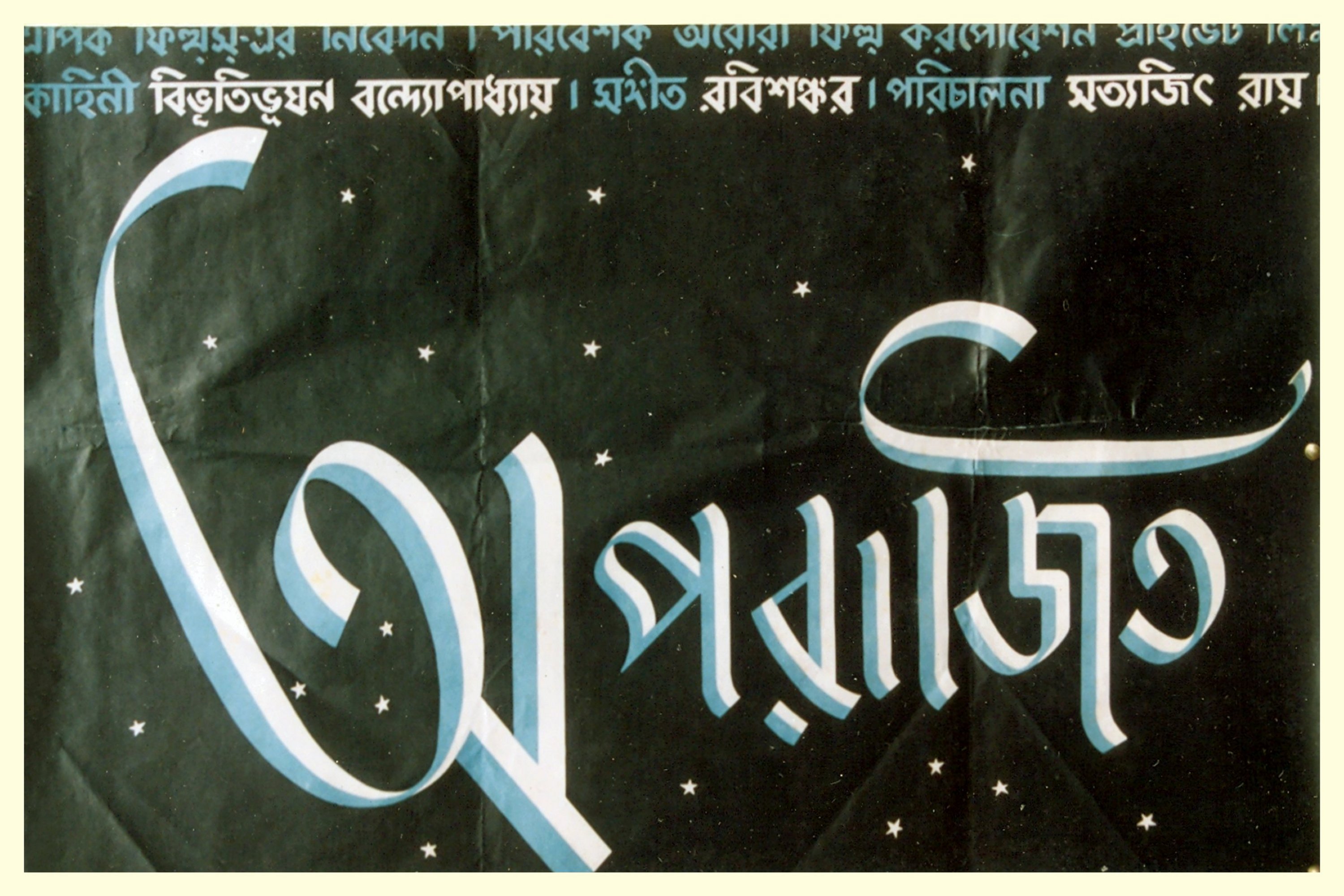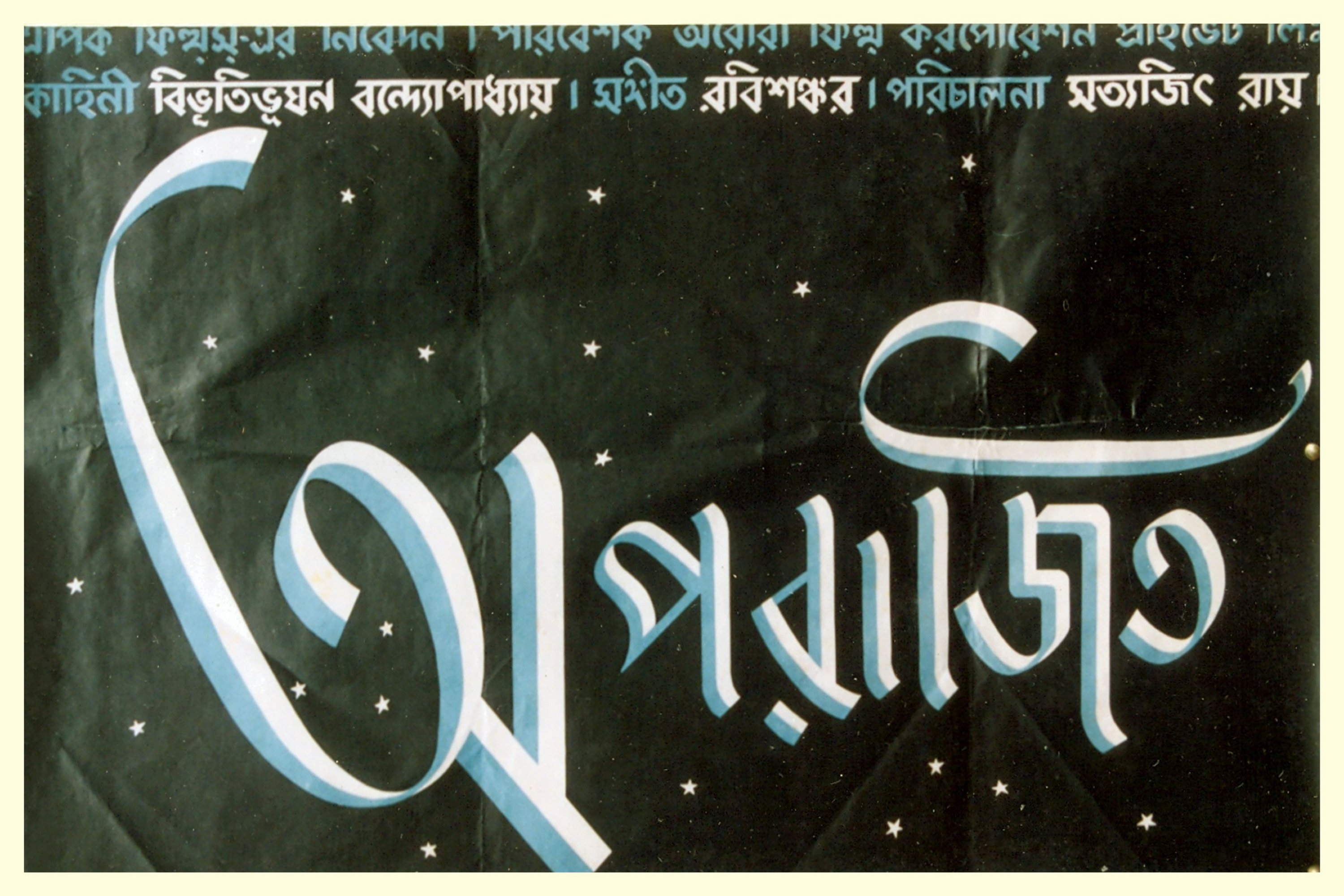In the year 1920, in Benaras (Kashi), in the ground floor of a small three-storeyed house in one of the city's countless alleys lives Harihar (Kanu Banerjee) with his wife Sarbajaya (Karuna Banerjee) and their ten year old son Apu (Pinaki Sen Gupta). Harihar is a refugee from Bengal, a priest by profession. While Sarbajaya keeps the house, Harihar reads out from the Scriptures in the ghats to an audience consisting mainly of old widows, whose subscription provides him with his main source of income.
Apu plays with the boys of the street, explores the ghats of Benaras.
The festive season arrives. On the night of Diwali, Harihar comes home with fever and besides doctor's all efforts on the fourth day of his illness Harihar dies.
Widowed Sarbajaya takes the job of a cook in a Zeminder's house but soon discovered that Apu is becoming a regular servant of Zeminder. With the help of her uncle Bhabataran, Sarbajaya and Apu came to the village of Mansapota. Bhabataran wants Apu to be a priest but Apu is keen to go to school. Apu asks his mother and Sarbajaya agrees to send him to school.
Apu shines at school. At the age of sixteen, Apu (now played by Smaran Ghosal) passes matriculation with distinction and obtains a scholarship of Rs. 10 a month. Helpless Sarbajaya watched her son leaves for the city for higher studies.
Slowly Apu gets accustomed with the city life in Calcutta (now Kolkata). One day he gets a postcard that his mother is seriously ill. Apu loses no time to come to Mansapota only to discover that it was too late. Old Bhabataran advised him to become a priest, but Apu has made up his mind and go back to Calcutta to continue with his studies.
In his life Apu is 'Aparajito' (invincible).
synopsis
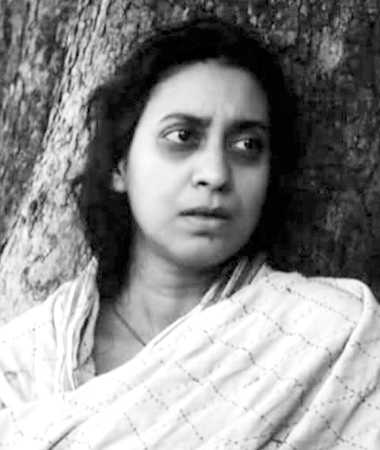
film details
- Name of the Film:
- Aparajito
- Director:
- Satyajit Ray
- Production Company:
- Aurora Film Corporation P. Ltd.
- Music:
- Ravi Shankar
- Cast:
- Kanu Banerjee, Karuna Banerjee, Pinaki Sen Gupta, Smaran Ghoshal and others
- Format:
- DVD
- Genres:
- Drama
- Release Date:
- October 11, 1956
